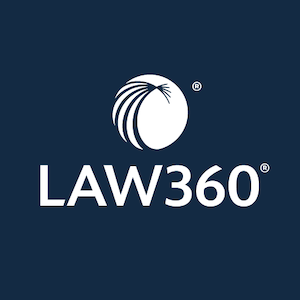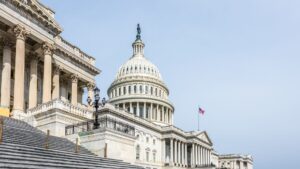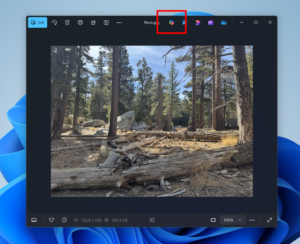South Korea’s Antitrust Authority Ends Investigation into Microsoft’s Copilot Bundling

South Korea’s Antitrust Watchdog Halts Investigation into Microsoft’s Copilot Bundling
South Korea’s antitrust authority has decided to discontinue its investigation into Microsoft’s software bundling practices, particularly regarding its Copilot feature. This decision has significant implications for both Microsoft and the broader tech industry.
Background of the Investigation
The investigation by South Korea’s Fair Trade Commission (KFTC) was initiated to explore whether Microsoft was engaging in anticompetitive behaviors by bundling its Copilot feature with other software products. The KFTC’s role is to monitor and ensure fair competition in the market, and its scrutiny of Microsoft was part of a larger trend of regulatory concerns regarding big tech companies globally.
What Sparked the Investigation?
Concerns were raised over if the bundling of Copilot, Microsoft’s AI-powered assistant for productivity applications like Word and Excel, would suppress competition by making it harder for alternative software solutions to thrive. This scrutiny fits into a broader global context where major tech firms face increasing regulatory pressure over their market practices.
Key Developments in the Investigation
As the investigation progressed, the KFTC gathered insights and evidence regarding Microsoft’s Copilot’s integration within its Office suite of products. Key points of focus included:
- Market Impact: Analyzing how Copilot’s inclusion might affect smaller competitors and whether it would hinder consumer choice.
- Consumer Benefits: Examining whether the bundling led to tangible benefits for users, such as increased efficiency and access to advanced features.
- Competitive Landscape: Evaluating the potential risks and rewards associated with a dominant player like Microsoft adapting its software strategies.
Reasons for Halting the Probe
The KFTC’s recent announcement to halt the investigation comes as a surprise to many industry watchers. Some suggested that there were several factors contributing to this decision:
- Acknowledgment of Benefits: The commission may have recognized that Microsoft’s Copilot could significantly enhance productivity for users, which could justify its integration.
- Future Cooperation: It is possible that Microsoft has signaled a willingness to collaborate more closely with regulators and demonstrate its commitment to fair competition.
- Complexity of Enforcement: Enforcing rules against software bundling is inherently complicated, making it tough for authorities to draw clear conclusions.
Implications for Microsoft and the Tech Industry
The decision to close the probe brings some relief to Microsoft, allowing the company to continue promoting its Copilot feature without the shadow of an ongoing investigation. However, this situation also sets a precedent that may influence how other companies approach software bundling and competitive practices.
Potential Effects:
- Shift in Regulatory Focus: Other tech companies may find that regulatory bodies are more lenient than previously thought, prompting them to explore similar bundling strategies.
- Continued Monitoring: While this particular investigation has ended, regulators will likely remain vigilant regarding big tech practices, especially given the rapid evolution of AI technologies.
Conclusion
While the halting of the KFTC investigation into Microsoft’s Copilot bundling is notable news, it highlights the ongoing tension between fostering innovation through AI and ensuring fair competition in the tech sphere. The discussions around regulatory frameworks and competitive practices in the tech market are far from over, and future developments will continue to shape the relationship between regulators and big tech companies like Microsoft.






